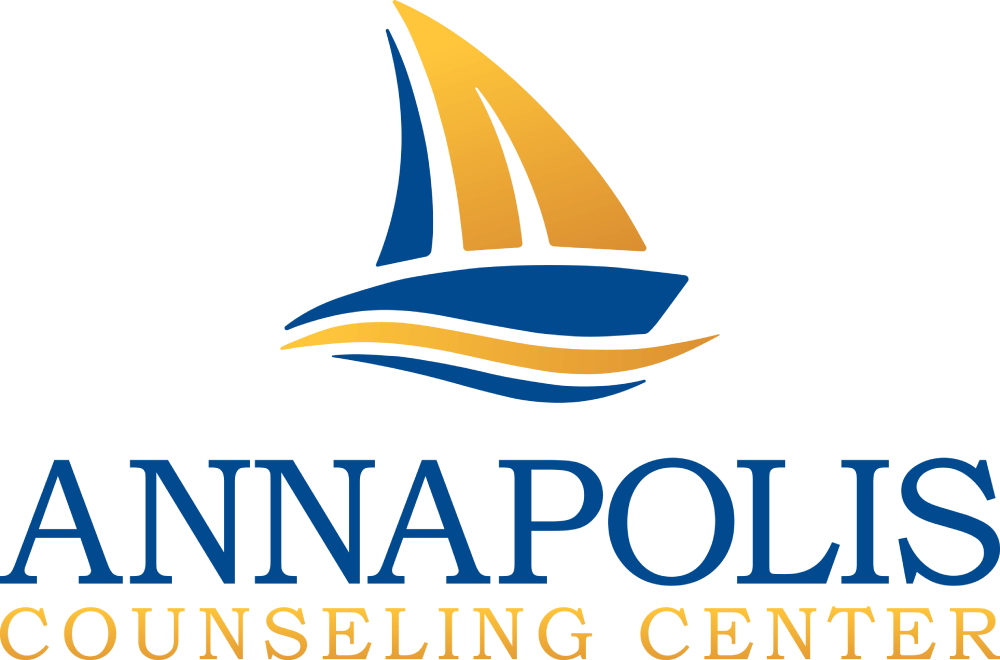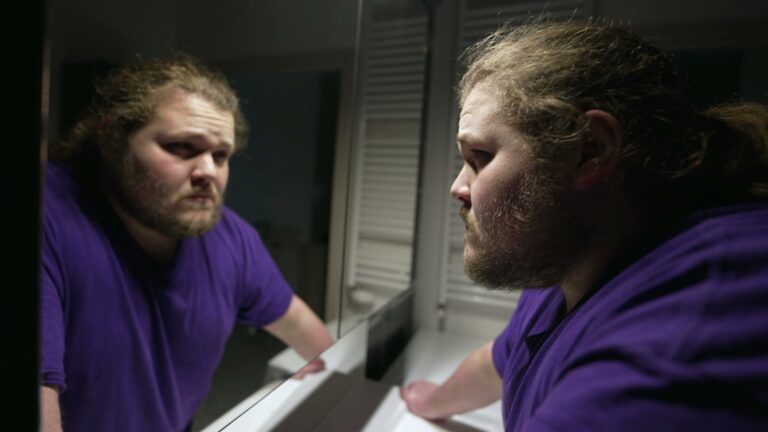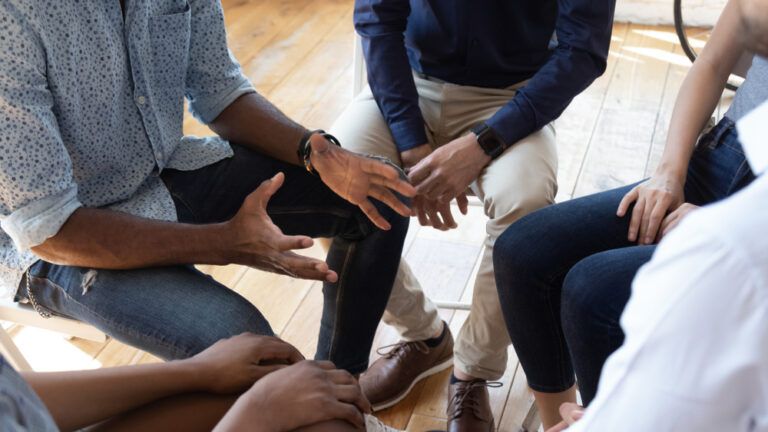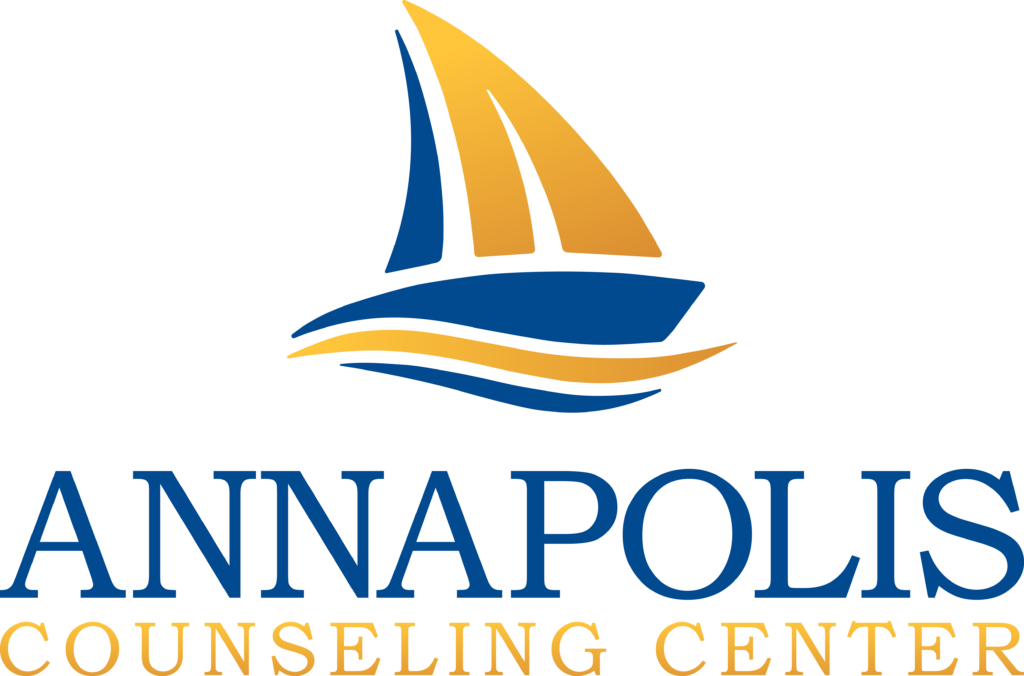In the historic and picturesque city of Annapolis, MD, the Annapolis Counseling Center serves as a guiding light for those traversing the often turbulent waters of life’s adversities. Under the compassionate leadership of Dr. Lance David and a team of dedicated practitioners, the center embarks on a mission to redefine resilience, moving beyond stereotypes to unveil the profound strength inherent in every individual. This blog invites you on a journey of discovery, exploring the essence of resilience and offering practical, evidence-based strategies for cultivating this invaluable trait.
Resilience: A Symphony of Strength and Flexibility
Unveiling the True Nature of Resilience
Resilience is frequently misunderstood as an innate quality possessed by the few — an unyielding toughness that allows some to navigate challenges unscathed. However, Dr. Lance David illuminates a more nuanced understanding, portraying resilience as a dynamic process of positive adaptation in the face of adversity. It’s not about avoiding pain or hardship but learning to move through these experiences with grace, growth, and a deepened capacity for joy and fulfillment.
Beyond Endurance: The Layers of Resilience
Resilience encompasses more than mere survival; it involves emotional intelligence, self-awareness, and the cultivation of a hopeful outlook. It’s the ability to rebound from setbacks, draw wisdom from failure, and approach future challenges with courage and confidence. Annapolis Counseling Center is committed to nurturing these aspects of resilience and guiding individuals toward recovery and transformation.
Cultivating Resilience: Strategies for Empowerment
1. Embrace Emotional Agility
Emotional agility is pivotal in the resilience journey. It’s the practice of approaching our thoughts and feelings with curiosity, openness, and acceptance. Dr. Lance David emphasizes the importance of acknowledging difficult emotions without judgment, allowing individuals to navigate their internal landscape with compassion and understanding.
2. Foster Connections
Human connection is a cornerstone of resilience. Building and maintaining supportive relationships provide a safety net of emotional support, advice, and encouragement. Annapolis Counseling Center facilitates the creation of these connections through therapy groups, community workshops, and events, fostering a sense of belonging and shared strength.
3. Develop a Growth Mindset
A growth mindset, the belief in the ability to grow and learn from experiences, is essential for resilience. It transforms challenges into opportunities for development, encouraging a proactive and optimistic approach to life’s hurdles. The center’s practitioners work with clients to reframe negative narratives, fostering a mindset that welcomes growth.
4. Practice Self-Care and Mindfulness
Regular self-care and mindfulness practices are vital for building resilience. They enhance emotional regulation, reduce stress, and improve overall well-being. Techniques such as meditation, yoga, and journaling are encouraged, providing individuals with tools to remain present and grounded, even amidst chaos.
5. Set Realistic Goals and Take Action
Setting achievable goals and taking small, consistent steps toward them empowers individuals to regain a sense of control and purpose. Dr. Lance David and his team guide clients in identifying their values and goals and crafting actionable plans aligning with their resilience path.
Fostering Resilience with Annapolis Counseling Center
Personalized Resilience Plans
Understanding that resilience is as unique as the individual, Annapolis Counseling Center offers personalized resilience plans. These plans are tailored to meet each person’s specific needs, challenges, and aspirations, incorporating a range of therapeutic modalities and strategies.
A Supportive Therapeutic Environment
The center provides a nurturing environment where individuals can safely explore their vulnerabilities, challenges, and strengths. Dr. Lance David and his team create a space of unconditional support, empowering clients to engage deeply in the resilience-building process.
Community and Education
Annapolis Counseling Center believes in the power of community and education in fostering resilience. Through seminars, workshops, and community events, the center educates on the principles of resilience, stress management, and emotional wellness, creating a ripple effect of strength and hope throughout the Annapolis community.
Embarking on a Journey of Transformation
Building resilience is a transformation journey of self-discovery, learning, and growth. Annapolis Counseling Center, under the guidance of Dr. Lance David, is dedicated to walking this path alongside those seeking to cultivate their inner strength. Through personalized support, evidence-based strategies, and a commitment to community, the center helps individuals navigate life’s adversities with resilience and grace.
For those ready to embark on this transformative journey, Annapolis Counseling Center offers the tools, support, and guidance necessary to cultivate resilience and thrive in the face of life’s challenges. Reach out today at 410-280-9444 to begin your journey toward resilience and renewed well-being.
Charting a Course to Resilience: Beyond Recovery
The journey toward resilience is an ongoing process of embracing life’s complexities with courage, wisdom, and hope. At Annapolis Counseling Center, the belief is that each individual possesses the potential for incredible resilience, capable of bouncing back from adversity and soaring to new heights of personal growth and fulfillment.
Sources:
- American Psychological Association. “Building your resilience.” https://www.apa.org/topics/resilience
- Southwick, Steven M., and Charney, Dennis S. “Resilience: The Science of Mastering Life’s Greatest Challenges.” Cambridge University Press, 2012.
- Tedeschi, Richard G., and Calhoun, Lawrence G. “Posttraumatic Growth: Conceptual Foundations and Empirical Evidence.” Psychological Inquiry, 2004.


















































